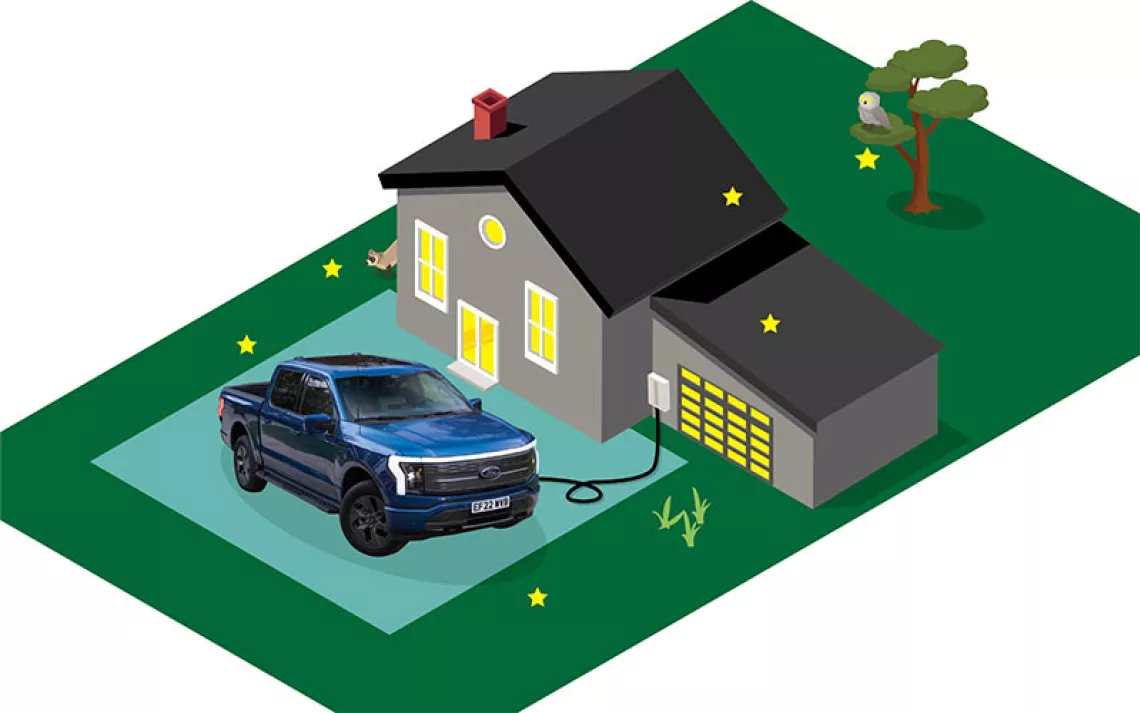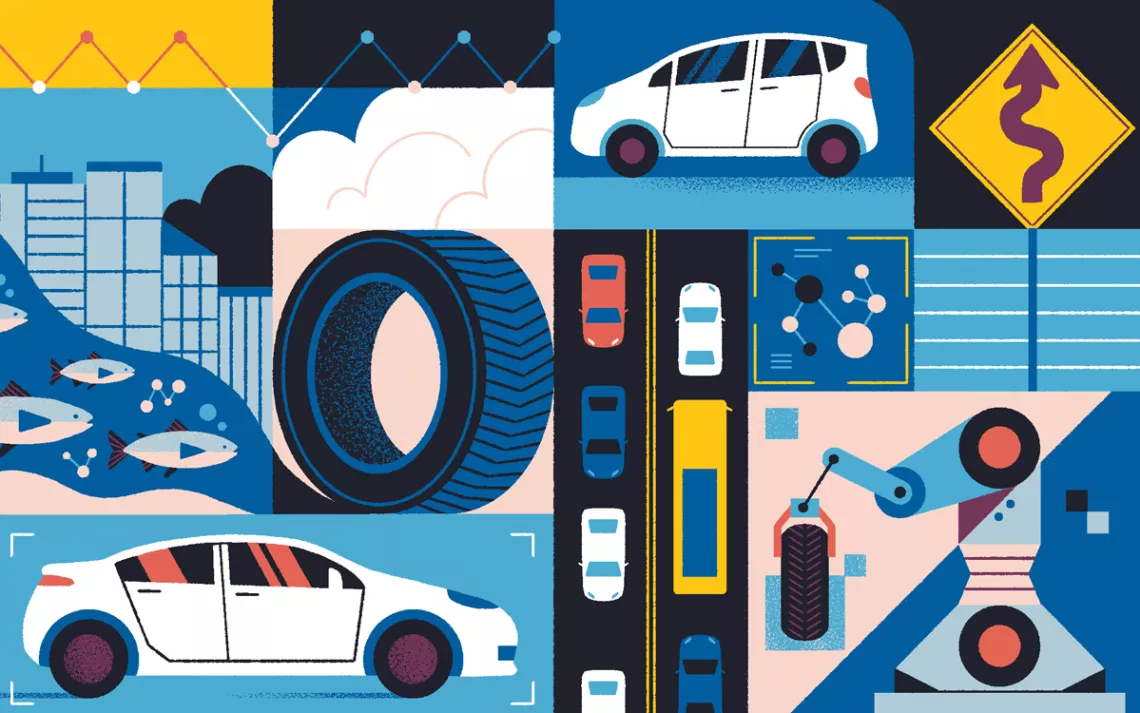Should I Replace My Volkswagen Diesel with a New EV or Used Gas-Powered Car?
Mr. Green digs in to the numbers

Photo by m-imagephotography/iStock
Q: We were among those hoodwinked by Volkswagen’s diesel scandal. We're selling the vehicle back to VW as part of the court settlement, and while we'd love to live car-free, we can’t because we have a toddler. We're leaning toward an electric vehicle or plug-in hybrid. But we've heard that manufacturing a new car has a major environmental footprint. So what's more green: a new EV or a used internal combustion car with decent mileage? —Nell in Oakland, California
A: Most of the total greenhouse gas emissions from any type of car result from driving it and not making it. Which ones reduce your carbon footprint more? In general, plug-in hybrids and EVs are greener than even the most efficient gas-powered cars.
True, it does require more energy to make a hybrid or EV than a conventional car, because of their large batteries and use of different metals—twice as much according to some studies. But the emissions from manufacturing the car only account for an average of one-fifth or less of the total emissions an EV or plug-in will produce when driven 95,000 miles. When it comes to protecting the environment, an EV or plug-in handily beats even a highly efficient gas car.
But don’t just jump into any old EV or hybrid. Look closely at the specifications. EVs vary from 0.28 to 0.4 kilowatt-hours a mile, while GMC’s hybrid Sierra, for example, only gets 18 mpg, and Acura’s NSX gets 21 mpg. Some people will piously inform you that their ride is a “hybrid,” when that hybrid is no better than its same oversize conventional cousin. For a more detailed overview of the different types of electric vehicles on the market, take a look at the Sierra Club's EV guide.
Looking for other ways to cut your carbon footprint down to size? Recycle your aluminum cans, because aluminum cuts the weight of all vehicles, improving efficiency. We throw away some 1.5 billion pounds of aluminum cans a year. This wastes the equivalent of 29 million barrels of oil, because it takes so much more energy to process virgin aluminum than to melt it down and reuse it.
What You Can Do
Support the Transition to Electric Vehicles: Many of the most effective policies are at the state level. Take a moment to urge your governor to support EV-friendly policies that will make electric vehicles cheaper and more convenient in your state.
 The Magazine of The Sierra Club
The Magazine of The Sierra Club



